IAEA may block Iran bid for nuclear aid: diplomats
 The UN nuclear watchdog is unlikely to approve Iran's request for technical help with a heavy water plant because of fears it could yield atom bombs, diplomats said, but Iran vowed to carry on construction anyway.
The UN nuclear watchdog is unlikely to approve Iran's request for technical help with a heavy water plant because of fears it could yield atom bombs, diplomats said, but Iran vowed to carry on construction anyway.
The International Atomic Energy Agency's 35-nation board of governors has repeatedly urged Iran to "reconsider" the Arak project. But Tehran has kept on building and now wants IAEA technical expertise to ensure the plant meets safety standards.
IAEA approval of such requests from member states is usually routine. But the Arak case has raised hackles and symbolised the diplomatic crisis over Iran's nuclear ambitions, which now face UN Security Council sanctions.
Iran says the Arak complex, due for completion in 2009, is meant to make isotopes for medical and other peaceful uses, replacing an elderly 1970s light-water reactor.
Western leaders say that given Iran's record of hiding nuclear research from UN inspectors and evading IAEA probes, there is a high risk that plutonium, a by-product of production at Arak, would be used for the core of nuclear warheads.
The IAEA board will consider annual technical assistance requests from member nations with nuclear reactors when it meets for the last time this year during the week of Nov. 20.
IAEA board diplomats cited stiff US and European opposition to aiding the Arak project and reservations among developing nations, except for US foes such as Syria and Cuba.
"There is broad agreement among many countries on the board that we should not support this project," said a Western diplomat, speaking on condition he was not further identified.
"A lot of diplomats are surprised at Iran's audacity to ask for technical assistance on a project that the board itself has repeatedly asked them to reconsider," he said.
"We expect the board to turn this provocative request down," said a diplomat from a major European Union country.
SAFETY NOT POLITICS
Aliasghar Soltanieh, Iran's ambassador to the Vienna-based UN watchdog, called on the committee to approve the request.
"Arak is 100 percent for peaceful purposes, making radio isotopes for hospitals. Our request should be dealt with impartially and professionally. We want to uphold IAEA safety standards. This should not be politicised," he told Reuters.
"If the agency doesn't help us, we will continue the project anyway because it will be the substitute for Tehran's light- water reactor whose life span is over after three decades."
A diplomat from one developing nation, a member of the Non-Aligned Movement to which Iran belongs, said there was no consensus among NAM members on the board on Arak but there could be enough doubters for a broad majority against the request.
An IAEA official said the board could also defer a decision until its next meeting in March, pending the outcome of talks at the UN Security Council on imposing sanctions on Iran for refusing to stop enriching uranium.
Initial sanctions are expected to include a ban on any export of technology, parts or other assistance for Iran's nuclear programme, which Iran says is for electricity generation but the West fears is a facade for bomb-making.
Diplomats do not expect disputes in the Security Council between Western powers and Russia and China over the extent of sanctions to be resolved before the IAEA board meeting.
By awaiting Council guidance, the board could deflect concern among some developing states that rejecting safety aid for Arak would be discriminatory when it routinely gives such help for heavy-water plants world-wide, the IAEA official said.
Among the benefits world powers offered Iran last June in exchange for halting nuclear fuel work were modern light-water reactors able to produce medical and industrial isotopes like the heavy-water kind -- but without plutonium as a by-product.
Iran did not accept the proposal.


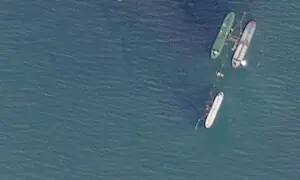

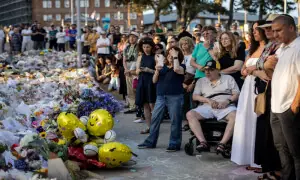
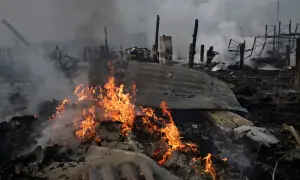


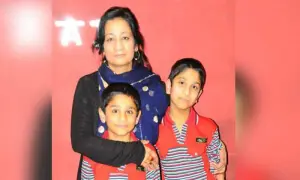
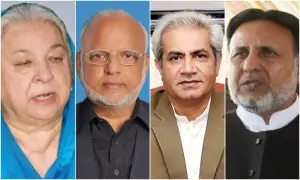
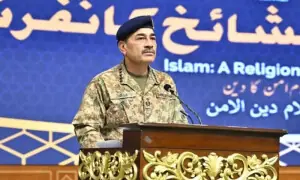

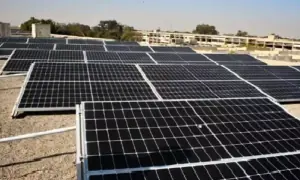
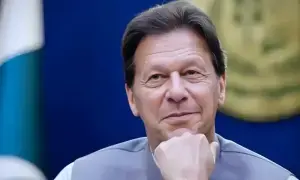

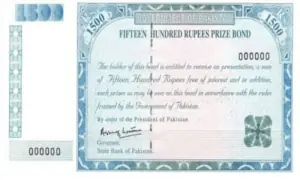


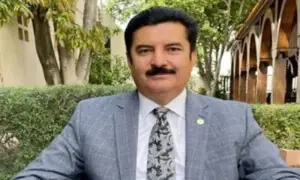
Comments are closed on this story.